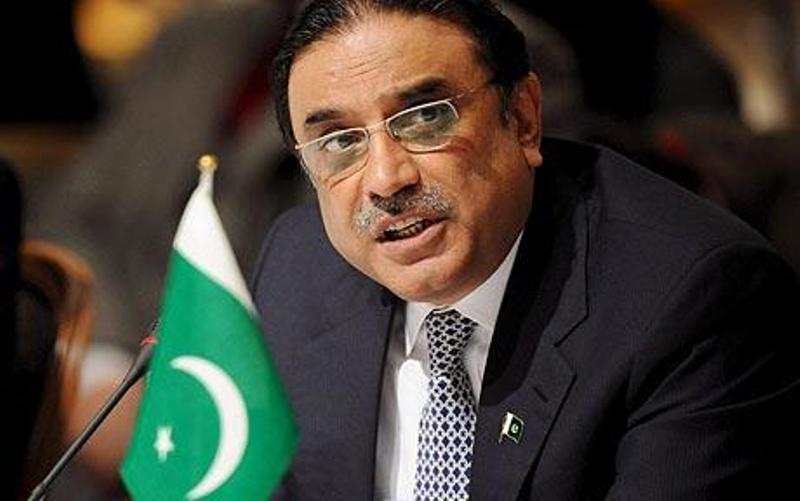Asif Ali Zardari, Co-chairman of the Pakistan Peoples Party (PPP), clinched victory as the 14th President of Pakistan with a significant margin in the recent elections. Today, on Sunday, he is set to take his oath of office at the Aiwan-e-Sadr in Islamabad, scheduled for 4 pm. Chief Justice of Pakistan (CJP) Qazi Faez Isa will officiate the swearing-in ceremony.
The ceremony will be graced by the presence of Prime Minister Shehbaz Sharif, along with the heads of all three armed forces and Chairman of the Joint Chiefs of Staff Committee (CJCSC), General Sahir Shamshad Mirza. Additionally, governors from all four provinces, chief ministers, and foreign diplomats will attend the event.
Zardari emerged victorious as the joint candidate of the ruling coalition, securing his presidency for the second term after defeating Mahmood Khan Achakzai, the candidate backed by the PTI-aligned Sunni Ittehad Council (SIC), by a considerable margin.
His triumph was solidified by 411 electoral votes garnered from the parliament and all four provincial assemblies, with support primarily from allied parties such as the Pakistan Muslim League-Nawaz (PML-N) and the Muttahida Qaumi Movement-Pakistan (MQM-P).
Contrastingly, Achakzai managed to secure only 181 votes, mainly from the SIC-dominated Khyber Pakhtunkhwa Assembly.
In the National Assembly, Zardari secured 225 votes against Achakzai’s 119. Similarly, in the Sindh Assembly, he attained 53 votes compared to his opponent’s mere three. The Punjab Assembly favored Zardari with 43 votes, while the KP Assembly gave him eight votes, and the Balochistan Assembly contributed 47, with his rival trailing significantly behind.
This marks Zardari’s second term as President, following his previous tenure from 2008 to 2013. He has been a member of the National Assembly of Pakistan since August 2018. Born in 1955 and educated in Karachi, Zardari was married to Benazir Bhutto, daughter of former Prime Minister Zulfikar Ali Bhutto, who was tragically assassinated in December 2007.
Zardari succeeds Dr. Arif Alvi, who continued in office for an additional five months beyond his five-year term, which ended in September 2023.


